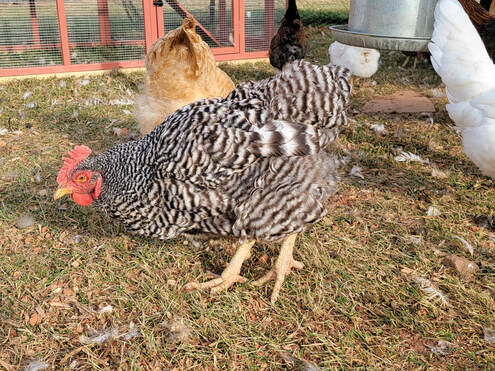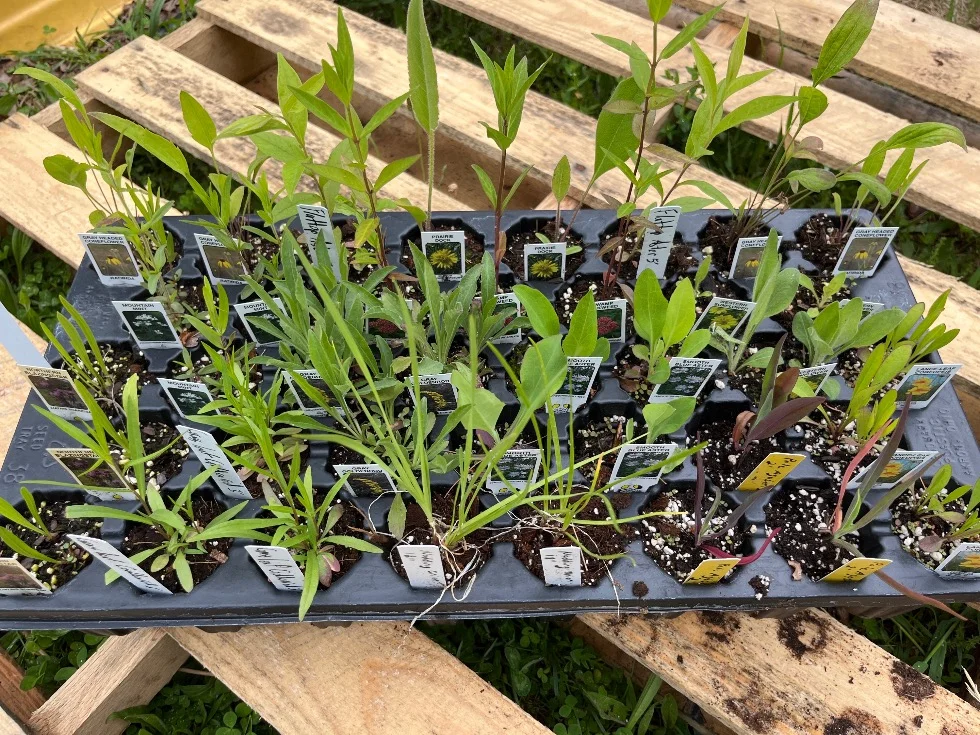Description
Heritage breeds and seeds refer to traditional or heirloom livestock and plant varieties cultivated for generations. These breeds and seeds are valued for their genetic diversity, adaptability, and cultural significance. Here’s a breakdown of what they entail:
Heritage Breeds (Livestock):
- Definition: Heritage breeds are traditional livestock breeds raised by farmers in the past but have become rare or endangered as agriculture has shifted towards more industrialized practices.
- Characteristics:
- Genetic Diversity: Heritage breeds often exhibit various genetic traits and characteristics suited to specific environments and purposes.
- Adaptability: They are typically well-adapted to local climates, diseases, and management systems.
- Cultural Importance: Many heritage breeds have historical and cultural significance, linking agricultural traditions and regional identities.
- Examples:
- Heritage Chickens: Breeds like Plymouth Rock, Rhode Island Red, and Barred Rock.
- Heritage Cattle: Breeds such as Dexter, Highland, and Hereford.
- Heritage Pigs: Examples include Gloucestershire Old Spot, Tamworth, and Berkshire.
- Heritage Sheep: Breeds like Shetland, Jacob, and Leicester Longwool.
- Conservation Efforts: Organizations and breed associations work to conserve and promote heritage breeds through breeding programs, educational outreach, and advocacy for sustainable agriculture.
Heritage Seeds (Plants):
- Definition: Heritage seeds, also known as heirloom seeds, are open-pollinated plant varieties passed down through generations of gardeners and farmers.
- Characteristics:
- Genetic Diversity: Heritage seeds maintain genetic diversity within plant species, offering various flavors, colors, and growth habits.
- Adaptability: They are adapted to specific regions and climates, often selected for their resilience and flavor.
- Seed Saving: Heirloom seeds are open-pollinated, allowing gardeners to save seeds yearly without worrying about cross-pollination issues common in hybrid varieties.
- Examples:
- Heritage Vegetables: Varieties like Cherokee Purple tomatoes, Moon and Stars watermelons, and Scarlet Runner beans.
- Heritage Fruits: This category includes apples like Gravenstein and Cox’s Orange Pippin and peaches such as Elberta and Hale Haven.
- Conservation and Revival: Seed banks, community seed exchanges, and organizations focus on preserving and promoting heritage seeds to maintain biodiversity, ensure food security, and protect cultural heritage.
Benefits of Heritage Breeds and Seeds:
- Biodiversity: Helps maintain genetic diversity within species, protecting against disease and environmental changes.
- Flavor and Nutrition: Many heritage varieties are prized for their unique flavors, textures, and nutritional qualities.
- Cultural Heritage: Preserves agricultural traditions and cultural identities associated with specific breeds and varieties.
- Sustainability: Supports sustainable agriculture practices by promoting resilient, locally adapted breeds and seeds.






Aliu –
I’m delighted with the depth and breadth of knowledge provided by this digital service. It’s not just about selling seeds and breeds; it educates users on the importance of preserving genetic diversity in agriculture. The historical context and practical tips have been invaluable in my journey towards sustainable farming.
Jeremiah –
This digital service is a lifeline for heritage breed enthusiasts like myself. It’s comprehensive, offering a wealth of information on rare livestock breeds and heirloom seeds. The interactive platform makes it easy to discover and support sustainable agriculture practices. I’ve already found unique breeds and seeds that have enriched my farm.